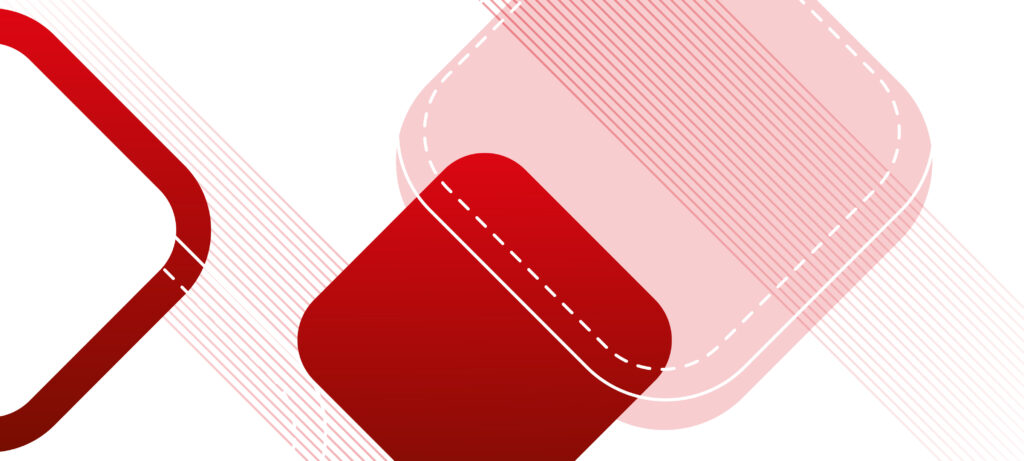This article first appeared in BNN Bloomberg
By Christine Dobby
(Bloomberg) — Canada’s largest banks all are poised to pay their employees more in variable compensation for 2024, with stock-market favorites Royal Bank of Canada, Canadian Imperial Bank of Commerce and National Bank of Canada increasing bonus pay the most.
The country’s Big Six lenders set aside 12.2% more on average in fiscal 2024 compared with the previous year, with bonus pay rising across the board despite a generally challenging environment for dealmaking and capital markets during the year.
While there was decent activity in debt capital markets this year, there was a dearth of Canadian initial public offerings — a dry spell that finally ended when Groupe Dynamite Inc. went public last month — and mergers and acquisitions were muted for most of the year. Still, that didn’t lead to a wave of job cuts, said Bill Vlaad, managing partner and chief executive officer of Toronto-based recruitment firm Vlaad & Co.
“We haven’t had a bloodbath in 2024,” he said. “Things haven’t been good, but there’s been really good management of personnel. Yes, there’s been some cleaning up and yes, there’s been a little restructuring, but for the most part it hasn’t been catastrophic.”
Incentive pay at Canadian banks is based on performance, and the figures the firms report in their quarterly filings reflect the amount reserved, not paid out. The fiscal year ended on Oct. 31, but bonuses are typically distributed in December.
The trend in Canada echoes what bankers south of the border are expecting. Investment bankers, traders and asset- and wealth-management professionals are all poised to see increases in year-end incentive pay reaching into the double digits, according to a report last month from Johnson Associates Inc. Bankers who help companies sell debt may see the biggest gains, with payouts set to rise as much as 35%, the compensation consultant said.
Variable compensation is particularly important to capital-markets professionals — including investment bankers, analysts, salespeople and traders — who typically count on a large portion of their take-home pay coming from bonuses. But employees in other divisions, such as wealth management, insurance and asset management, also receive incentive pay on top of their base salaries.
RBC, CIBC, National Bank
Bonus pay at Royal Bank and CIBC increased by 16.2% and 19.1%, respectively, in 2024. While Royal Bank’s dominant capital-markets franchise saw profit increase by more than 10% last year, net income at CIBC’s equivalent unit was little changed.
Canada’s fifth-largest bank has been on a winning streak in recent quarters, however, with its stock routinely hitting new all-time highs on strong financial performance.
“We pay competitively and have a pay-for-performance philosophy that aligns compensation to our bank’s financial and non-financial performance,” CIBC spokesperson Tom Wallis said in an email, adding that non-financial metrics including environmental, social and governance progress are also a factor.
Royal Bank Chief Executive Officer Dave McKay cited the bank’s strong capital-markets results on an earnings call this week and noted the lender has a “robust pipeline that continued to build as we progressed through 2024.”
National Bank, which has also enjoyed a run-up in its shares for most of the year and is poised for growth if it completes its acquisition of Canadian Western Bank as planned, increased bonus pay by 13.9% during the year. Its capital-markets business saw profits increase about 19% in fiscal 2024.
“Our variable compensation is in line with revenue growth and the solid performance of our teams across business lines,” spokesperson Alexandre Guay said.
BMO, Scotiabank
Bank of Montreal and Bank of Nova Scotia both boosted the size of their bonus pools — with increases of 5.1% and 4.2%, respectively — despite capital-markets profit declining at both companies.
The slump at Bank of Montreal was largely due to higher provisions for potentially bad loans — an issue that has plagued the bank overall — while Scotiabank said in its latest quarterly report that profit at its capital-markets business slipped on higher expenses.
“Our compensation framework is designed to deliver long-term shareholder performance, is a reflection of business results and is competitive with the market,” said Bank of Montreal spokesperson Jeff Roman.
Scotiabank employees are its “most important asset and recognizing them through performance-based compensation is one of the many ways we reward their valued contributions,” Chief Financial Officer Raj Viswanathan said. “This year’s all-bank performance-based compensation reflects early progress against our strategy amidst continued challenging market conditions, and confidence in our execution,” he said, referring to a strategy the bank put in place about a year ago.
Toronto-Dominion
Bonuses were up a healthy 10.2% at Toronto-Dominion Bank, despite a rough year for the lender, which reached a $3.1 billion settlement with US authorities over money-laundering charges in October. It said Thursday it’s suspending its guidance on growth as it undertakes a sweeping business review.
Still, on the capital-markets front, the bank is enjoying momentum following its takeover of US investment bank Cowen Inc. But its 45% profit increase for the division is outsize partly because last year’s figure included significant costs related to the Cowen integration.
“This year’s incentive compensation reflects a combination of factors including year-over-year annual salary increases and higher business specific incentives reflecting strong performance in wholesale banking (including a full fiscal year of TD Cowen) and wealth management,” spokesperson Elizabeth Goldenshtein said in an email.
–With assistance from Melissa Shin.


